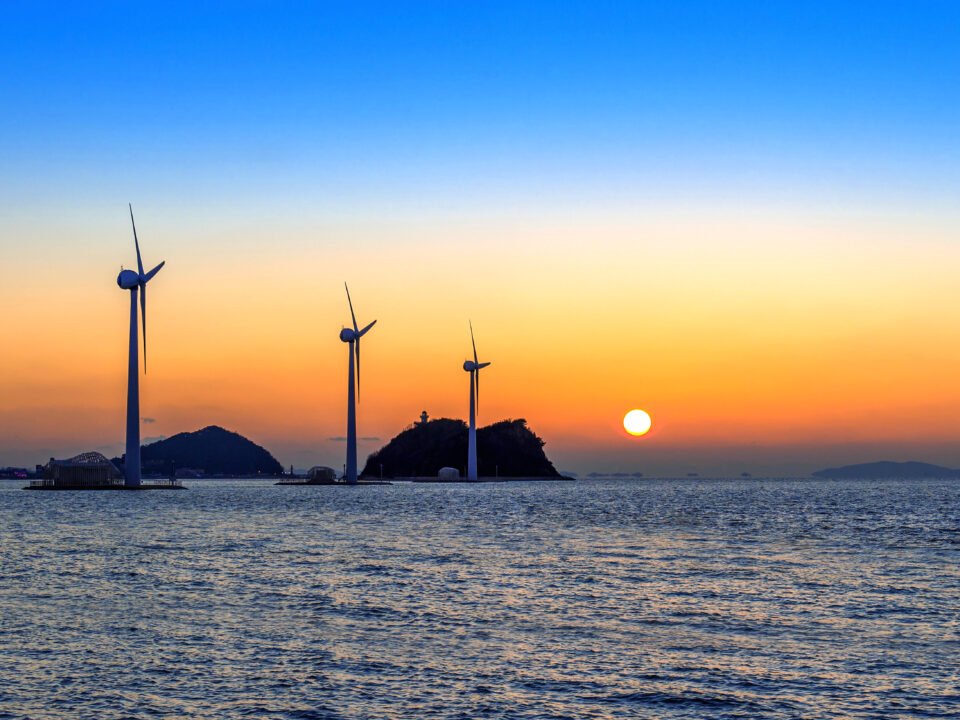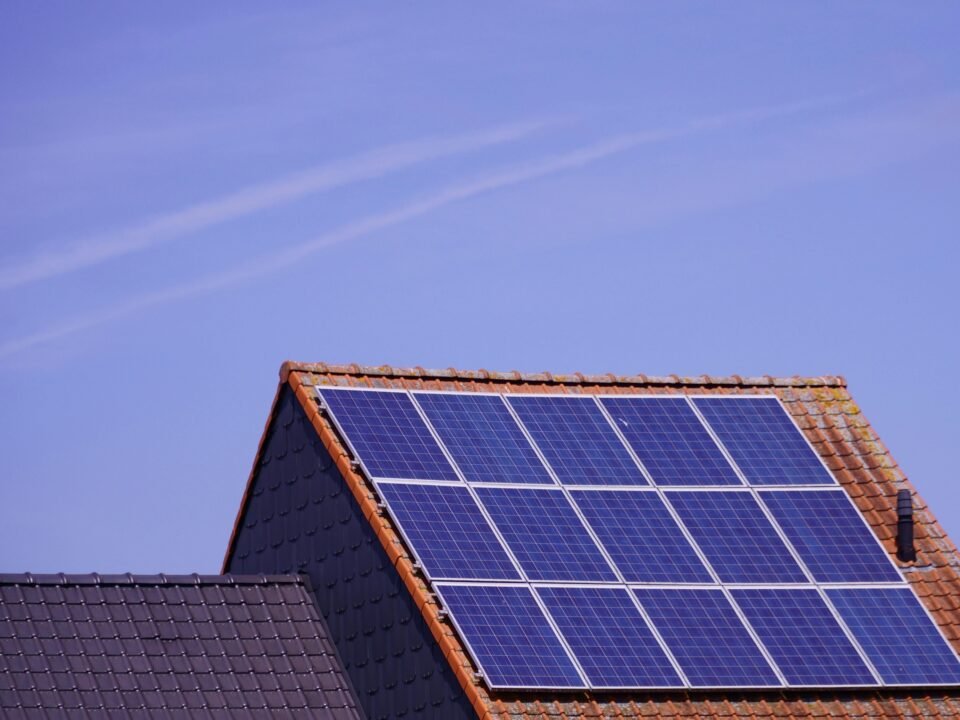As the world shifts toward cleaner and more sustainable energy solutions, hydro turbine generators are making waves in the renewable energy sector. These devices convert the kinetic energy of flowing water into electrical energy, offering a reliable and environmentally friendly alternative to fossil fuels. While solar and wind often take the spotlight, hydroelectric power—especially small-scale hydro—remains one of the most efficient and consistent sources of green energy.
In this blog, we’ll explore the top 5 benefits of using a hydro turbine generator for renewable energy, highlighting why it’s a smart investment for both individual and industrial energy needs.
1. Consistent and Reliable Power Generation
Unlike solar and wind energy, which are dependent on sunlight and wind availability, hydro turbine generators provide continuous power output as long as there is flowing water. Rivers, streams, or even man-made water systems can fuel these generators around the clock, making them an ideal source of baseload power.
This reliability is especially valuable in areas with limited access to the main electrical grid or in remote locations. A well-designed hydro turbine generator system can power homes, farms, or even small communities with minimal maintenance and high efficiency.
Why It Matters:
- No energy drop during cloudy or windless days
- Suitable for off-grid applications
- Reduces dependency on fuel-based generators
2. Environmentally Friendly and Low Emissions
Hydroelectric energy is considered one of the cleanest forms of renewable energy. A hydro turbine generator does not emit greenhouse gases during operation, making it a great tool in the fight against climate change. Unlike fossil fuel-based power plants, there is no air pollution, water contamination, or toxic waste involved.
In addition, hydro turbines do not require large-scale damming or massive infrastructure in all cases. Small and micro-hydro systems can be installed with minimal environmental impact, especially when integrated into existing waterways or irrigation channels.
Environmental Benefits:
- Zero emissions during operation
- Minimal land disturbance for small-scale systems
- Reduces carbon footprint over time
3. Cost-Effective and Long Lifespan
Though the initial investment for a hydro turbine generator system can be higher than other renewable energy sources, the long-term savings are substantial. Once installed, the operational costs are extremely low. Water is a free and abundant energy source in many regions, and the system components—especially the turbine and generator—are built to last for decades.
Many hydro systems can function for 40 to 50 years with proper maintenance. With low maintenance needs and long operational life, the levelized cost of energy (LCOE) for hydro is among the lowest in the renewable sector.
Cost Benefits:
- Low operating and maintenance costs
- Long equipment lifespan
- Quick return on investment in water-rich areas
4. Scalable and Adaptable for Different Needs
Hydro turbine generators come in various sizes and types, ranging from large-scale hydroelectric plants to small and micro-hydro systems suitable for individual homes or farms. This scalability makes hydro turbines incredibly versatile.
For example:
- A micro-hydro turbine can generate 5 kW to 100 kW, ideal for single homes or small communities.
- A pico-hydro system (under 5 kW) can power a cabin or small off-grid installation.
- Larger commercial systems can supply electricity to entire towns or supplement municipal grids.
Additionally, hydro turbines can be used in hybrid systems, working alongside solar panels or wind turbines to ensure consistent energy availability.
Flexibility Highlights:
- Suitable for a wide range of applications
- Easy to integrate into hybrid renewable systems
- Customizable based on water flow and energy needs
5. Energy Independence and Local Empowerment
One of the greatest advantages of using a hydro turbine generator is the potential for energy independence. Individuals, farmers, and communities can produce their own electricity without relying on the central grid or volatile fuel prices. This is especially valuable in rural and developing regions where infrastructure is limited.
Community-based hydro projects not only provide clean energy but also promote local economic development by creating jobs and reducing energy costs. In many countries, governments and NGOs support micro-hydro installations as a way to empower rural populations.
Social & Economic Impact:
- Reduces dependency on external power sources
- Promotes energy security and self-reliance
- Supports rural development and local economies
Final Thoughts
In the age of climate awareness and rising energy demands, the hydro turbine generator stands out as a reliable, efficient, and environmentally sound solution. Whether you’re looking to power a small homestead or contribute to a larger grid, hydro energy offers numerous advantages that are hard to ignore.
To recap, here are the top 5 benefits of using a hydro turbine generator:
- Reliable and continuous power generation
- Clean, green, and sustainable energy
- Cost-effective with low long-term expenses
- Scalable to suit various needs
- Enables energy independence and local empowerment
If you have access to a flowing water source, investing in a hydro turbine generator could be a smart step toward a greener future. Not only does it reduce your environmental impact, but it also offers long-term savings and energy security that few other systems can match.



